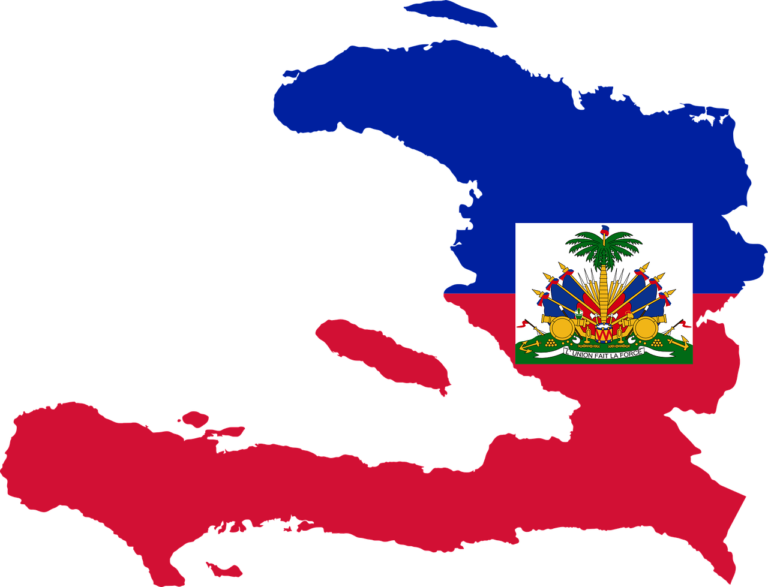Biden pardons Garvey, activist demands more

In a significant move nearly 100 years after his imprisonment, Marcus Garvey, the Jamaican-born leader, national hero, and Pan-Africanist icon, has received a posthumous pardon from former US President Joe Biden. However, Steve Golding of The Universal Negro Improvement Association and African Communities League (UNIA) says that the pardon, while symbolic, falls short of addressing the injustice surrounding his conviction. “Garvey’s pardon is a step towards his exoneration, because that is ultimately what he was seeking to do—to clear his name and to affirm his innocence,” said Golding, “The problem with the pardon is, it is still a pardon, meaning it means, ‘We pardon you for the crime you have committed.’ It is not an exoneration.”
Garvey was convicted of mail fraud in the 1920s, a charge many believe was politically motivated due to his advocacy for Black empowerment through the Universal Negro Improvement Association (UNIA). Golding described the limitations of a pardon, explaining, “US presidents cannot grant exoneration. That is beyond the remit of their office. They can only do an executive grant of clemency, which is the technical term for a pardon.”
This is the second act of clemency Garvey has received. “The first executive grant of clemency was done by Calvin Coolidge in 1927, which commuted Garvey’s sentence and allowed his release from prison after serving two-and-three-quarter years of a five-year sentence,” Golding said. “But that executive order came with one caveat, and that of immediate deportation.”
Garvey was deported to Jamaica in December 1927 and never allowed to return to the United States. Golding noted that Biden’s recent pardon, while significant, still does not address the core issue of Garvey’s conviction. “Pardons do not speak to your innocence. They do not speak to the injustice. They do not speak to the fact that you were wrongly convicted,” he said.
He further noted that without exoneration, there is no formal admission of mistakes made by the US Government and, consequently, no accountability taken or repayment offered. “They do not speak to the issue of compensation or reparations for an unjust conviction. They do not admit an error on the part of the US justice system. They simply, within the power of the president, allow him to say,we pardon you.”
Golding also highlighted the historical precedent of posthumous pardons for prominent Black figures in the United States. “Marcus Garvey is the third prominent Black man to receive a posthumous pardon,” he said, referencing the pardons of Lieutenant Henry Flipper in 1999 and Jack Johnson in 2018. “But there is no precedent of any Black man being exonerated by the US Congress.”
For Golding, exoneration is the ultimate goal. “Exoneration clears your name. It affirms your innocence. And when it does that, it acknowledges a mistake has been made on part of the justice system,” he said.
Golding pointed to Jamaica’s 2018 decision to exonerate Garvey as a model for the United States. “What Jamaica has done is laid down a roadmap that the United States can now follow,” he said.
He also expressed hope that Representative Yvette Clarke’s renewed push for Garvey’s exoneration would gain traction, though, he further noted, it would not be an easy task. “We are urging Representative Clark to pursue this just as Representative Rangel did in 1987. Though it fell off the table, Representative Clarke has put it back on the table. We know she is a Democratic Congresswoman in a Republican-controlled Congress at this moment, but that should not deter her,”he said.
“Justice should know no political partisanship,” Golding said. “The fact that Biden has pardoned him does reactivate it in the minds of the society, and it is an opportune time to build up a collective, to have a strong lobby, and to win the support of the majority of the United States Congress men and women, to have Garvey exonerated.”






